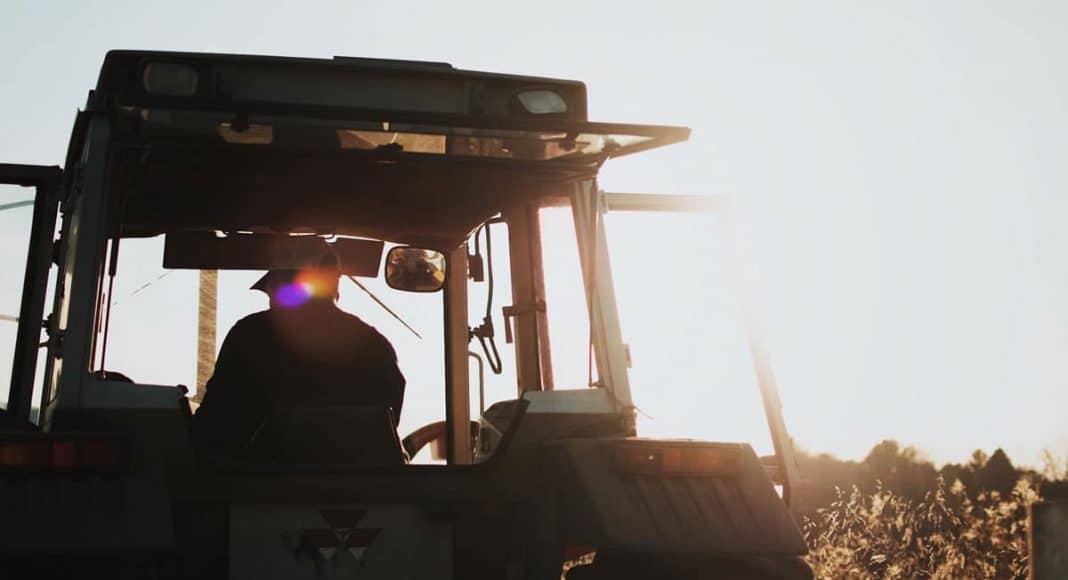Since Massachusetts recently passing recreational marijuana usage laws, many questions still need solving in terms of the state’s cannabis infrastructure. One of those, as depicted in this recent Boston Globe feature, revolves around the marijuana crop itself. In other words, who’s going to grow the green?
One group in Massachusetts who wants in the game is local farmers. Unfortunately they’re finding a high barrier to entry thanks to state laws and local resistance. State medicinal marijuana laws were passed and instituted a high cost to enter the market: more than $30,000 in licensing fees and growers had to establish proof they had at least a quarter million in the bank.
In addition, all state medical marijuana businesses must be vertically integrated, so it’s easy to record from seed to sale. All grow operations must also be under “locked, limited-access areas,” which has led to an influx of electricity-dependent greenhouses and indoor facilities.
Worse still, the nascent medical marijuana industry, thanks to state rules, is dominated by a small number of well-financed companies. AmeriCann, a publicly traded Denver corporation, plans to build a million-square-foot growing facility in Freetown, near Fall River. When completed, it will be one of the largest of its kind in the country. And these existing companies will likely get first crack at recreational marijuana licenses. According to the ballot language, new cultivation operators like [local farmer Ted] Dobson will have to wait a full two years after the program starts to apply for a license.
According to the Globe, while Massachusetts has become hotbed for the tech scene, it’s also been fruitful land for agriculture. There has actually been a rise in the number of farms recently within the state. So it would make the Commonwealth a great area for small, artisanal farms growing cannabis outdoors.
Thanks to Colorado, there’s proof this has potential.
After Colorado voters legalized cannabis in 2012, Pueblo County, a struggling rural region in the southern part of the state, allowed farmers to grow marijuana without complicated reviews or approvals. Now the county boasts a 36-acre field of cannabis behind high-security fencing, plus 21 other acres of marijuana being grown in greenhouses and indoor grow facilities. … [County Commissioner Sal] Pace says the county has enjoyed a boom—and collected enough tax revenue to award a scholarship to every Pueblo high school student who wishes to attend a local college.
As the inroads to recreational marijuana are being built in Massachusetts, the local agriculture community is a group worthy of inclusion. Now it’ sup to those in the state to do just that.
[gravityform id=”13″ title=”false” description=”true”]


